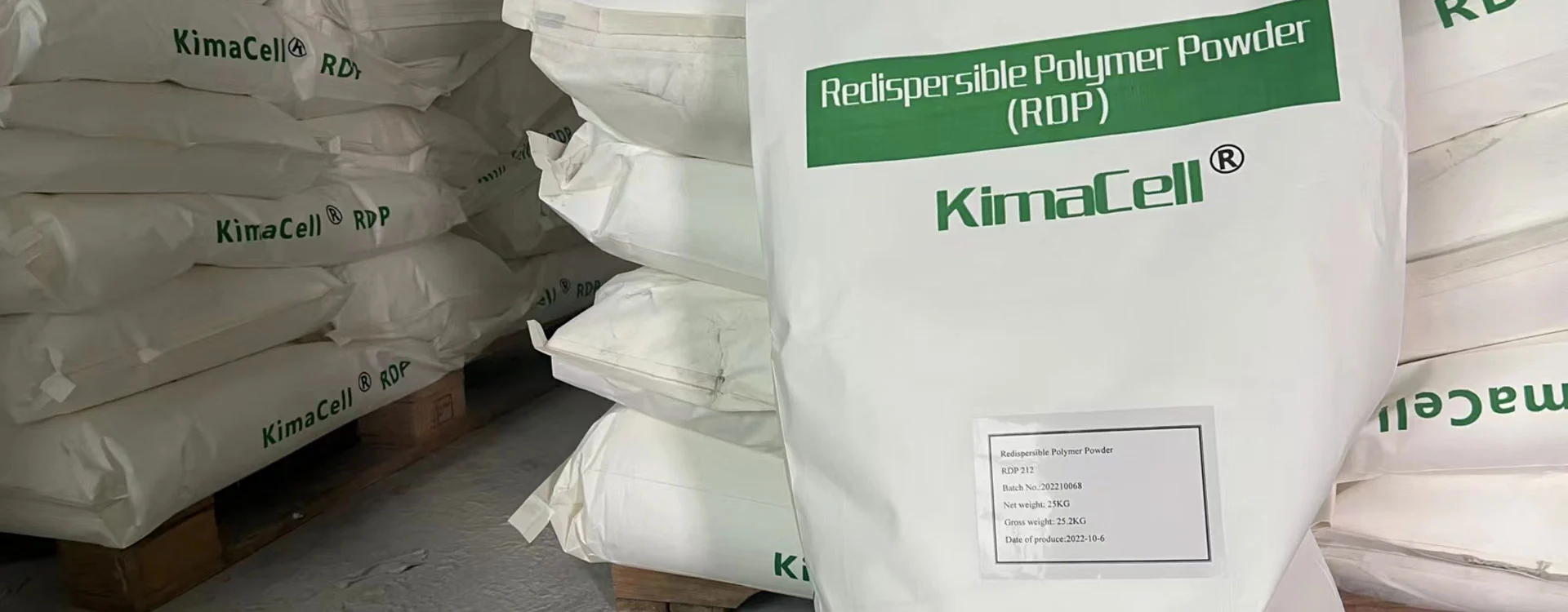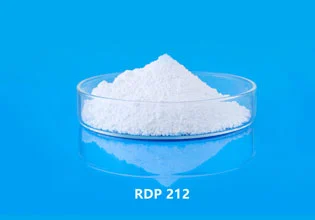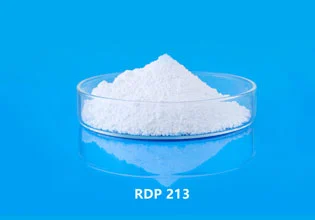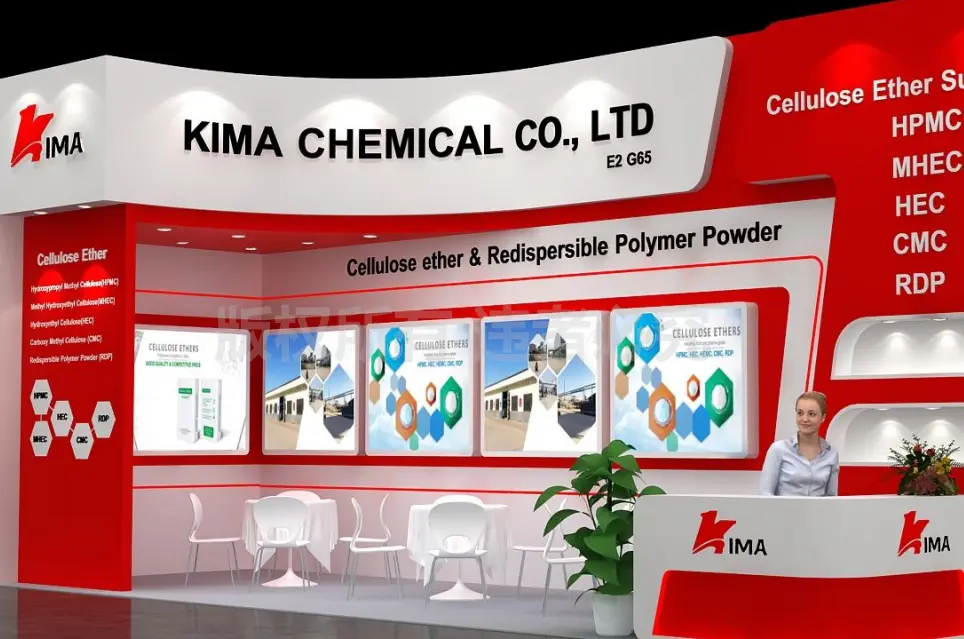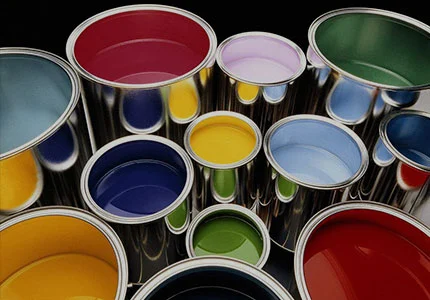Redispersible polymer powder (RDP) is a versatile and widely used polymer additive in the construction industry. RPP improves the mechanical properties and workability of construction materials, as well as their durability and resistance to environmental stresses in a variety of applications, including:
Tile adhesives:
RDP improves the adhesion of tiles to substrates, as well as the flexibility and water resistance of the adhesive.
Cement-based mortars:
RDP enhances the workability and flexibility of cement-based mortars, making them easier to apply and more durable.
Exterior insulation finishing systems (EIFS):
RDP improves the adhesion, water resistance, and flexibility of EIFS, which are used to insulate and finish exterior walls.
Self-leveling compounds:
RDP improves the flow and leveling properties of self-leveling compounds, which are used to level and smooth out uneven surfaces.
Repair mortars:
RPP enhances the adhesion and workability of repair mortars, which are used to repair and fill in cracks and holes in concrete and masonry.
Gypsum-based products:
RPP improves the setting time, workability, and water resistance of gypsum-based products, such as joint compounds and plaster.
Grouts:
RPP improves the adhesion, flexibility, and water resistance of grouts, which are used to fill gaps between tiles or other building materials.
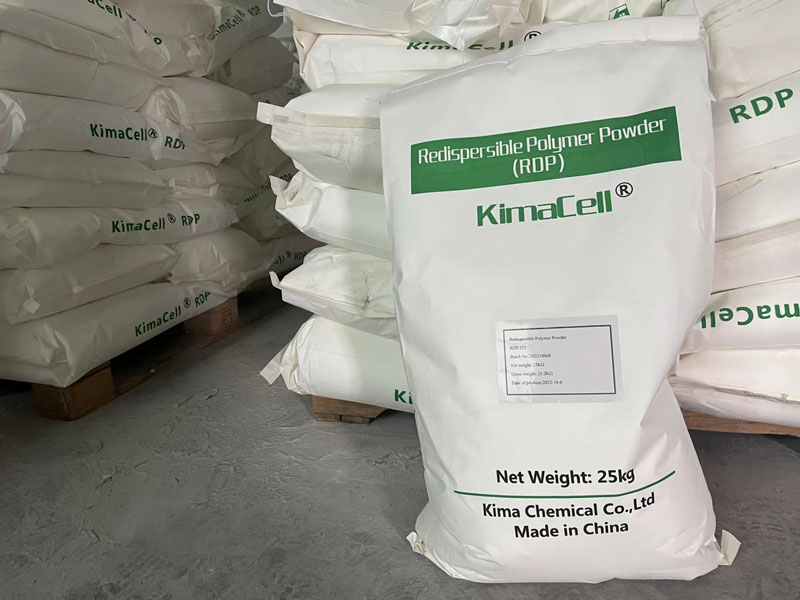
 English
English 日本語
日本語 français
français Deutsch
Deutsch Español
Español italiano
italiano русский
русский português
português العربية
العربية Türkçe
Türkçe Nederland
Nederland
